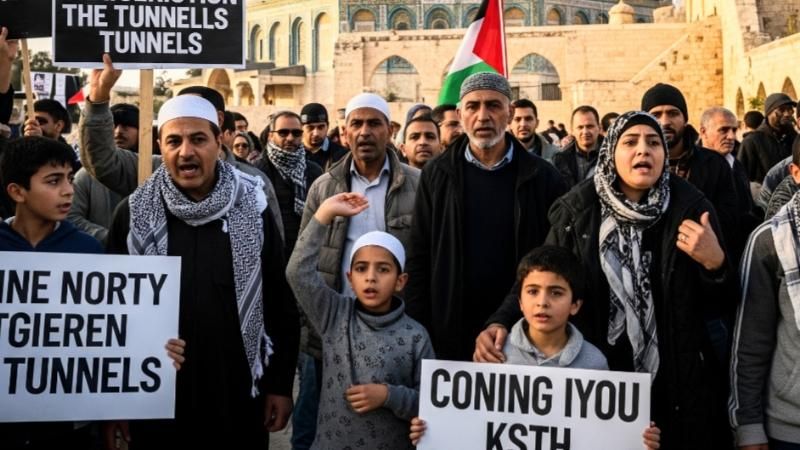More than 50 charities and experts have warned that reinstating winter fuel payments could be undermined if the government moves forward with proposed cuts to the £13.2bn warm homes insulation scheme. The warning comes ahead of the upcoming spending review, where significant budget decisions are expected.
Before coming to power, Labour had pledged to prioritise home insulation as a strategy to reduce energy waste and lower household bills. However, there are growing concerns that Chancellor Rachel Reeves may reduce funding for the warm homes plan in order to meet tight fiscal targets. This comes as she considers reinstating winter fuel payments for many pensioners—a reversal of an earlier policy that had sparked public backlash.
Leaks suggest the funding for home energy efficiency upgrades could be cut in half, significantly weakening the government’s commitment to improving the UK’s draughty housing stock. Campaigners argue that such cuts would undermine any benefits gained from restoring fuel payments.
A joint letter addressed to Treasury Chief Secretary Darren Jones urges the government to maintain its insulation commitments, particularly for vulnerable, elderly, and low-income households. James Dyson from E3G, a thinktank involved in coordinating the letter, said failing to deliver on the warm homes plan would be "like pouring water into a sieve." He emphasized the long-term cost savings and wellbeing benefits of properly insulating homes.
Caroline Abrahams, charity director at Age UK, also signed the letter and stressed that energy-efficient homes are a vital part of a sustainable solution for pensioners facing high energy costs this winter. She added that Labour’s original pace and scale of action, as outlined in its manifesto, made sound policy sense and offered older people tangible hope.
Labour’s warm homes initiative, intended to cut energy bills by around £220 a year for up to 3 million vulnerable households, combines £6.6bn in new funding with previously unspent government allocations. It is also central to Labour’s broader goal of reducing average energy bills by £300 during this parliamentary term.
E3G’s analysis indicates that nearly half a million pensioners could face unaffordable energy bills if the insulation plan is scaled back. The group also highlighted that the scheme would boost the UK’s economy by 0.8% of GDP through energy savings and the creation of green jobs.
Critics argue that abandoning the plan would disproportionately affect disabled individuals and older people—groups that make up a significant portion of homes upgraded under recent schemes.
Signatories to the letter include Citizens Advice, Scope, the National Housing Federation, Generation Rent, the National Pensioners Convention, and others.
A government spokesperson reiterated the importance of energy efficiency, citing recent energy price shocks and promising that up to 300,000 homes would benefit from insulation, solar panels, double glazing, and heat pumps as part of the current rollout of the warm homes plan.
.jpg)


_1.jpg)
_1.jpg)



.svg)



